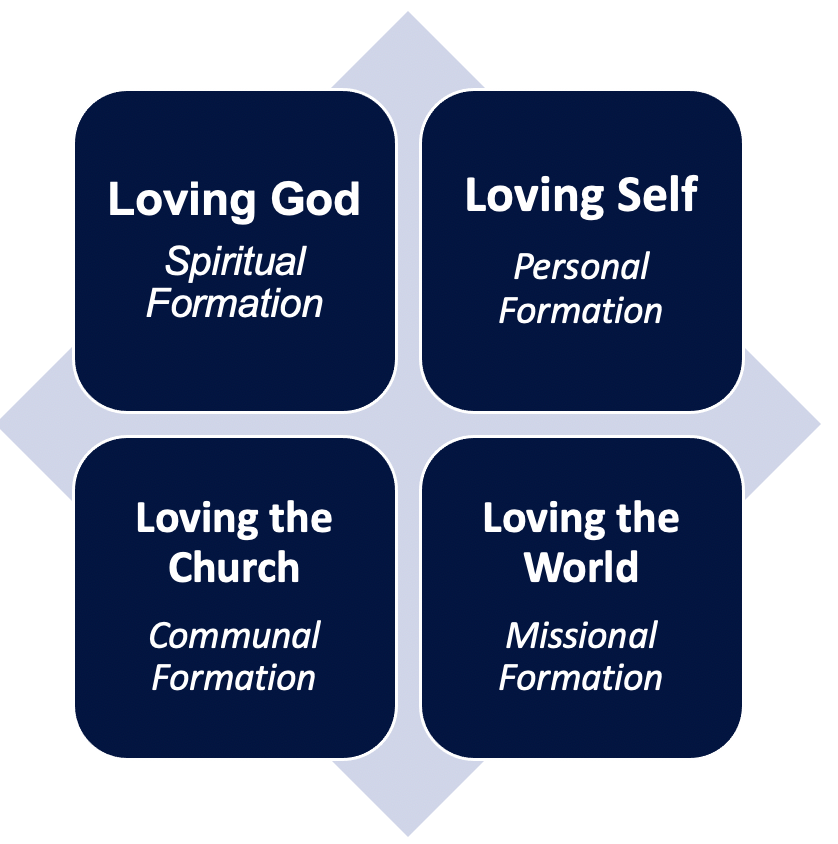theological education model
The Centrality of Love
Pars works with an integrative model of theological education that is based on a biblical and theological understanding of “theology” as loving God and loving one’s neighbor (God’s image) as oneself, which lies at the heart of Pars’ vision and mission for the Iranian Church.
In contrast to the Greek and modern understanding of “knowledge” that emphasizes neutrality and detachment, the biblical understanding of knowledge, especially knowledge of God, in both Testaments, grounds it in a relationship or communion of love between God and Man. This relational concept of knowledge is particularly manifest in the biblical use of the word for the sexual relation between a man and his wife. The ultimate New Testament paradigm for knowing God is the mutual knowledge of the Son and the Father in the loving fellowship of the Trinity. In this paradigm, knowing God always results from being known by God.
So true Christian theology, and theological education, is based on God’s loving initiative in revelation through his Word, and so is rooted and grounded fully in the Scriptures. It is only in response to this loving initiative from God that the beloved is enabled to respond by loving God and loving his neighbor as God’s image, and thus engage in theology and theological education. This understanding of theological education organically expands into the fourfold goals [teloi] of:
- Loving God: Spiritual Formation
- Loving Oneself: Personal Formation
- Loving the Church: Communal Formation
- Loving the World: Missional Formation
The above four teloi or focal points define the four general educational goals that Pars’ courses set before themselves. Pars’ mission is to train leaders who aim at progressing towards these goals in their own lives and who are trained to help the church do the same in an effective and holistic way.
The Biblical concept of love includes all the three dimensions of cognitive, affective, and behavioral, and so Pars’ courses also intentionally target all the three dimensions of the students’ pursuing of love in the four fundamental directions: God-ward, Self-ward, Church-ward and World-ward; hence, the emphasis on formation.
